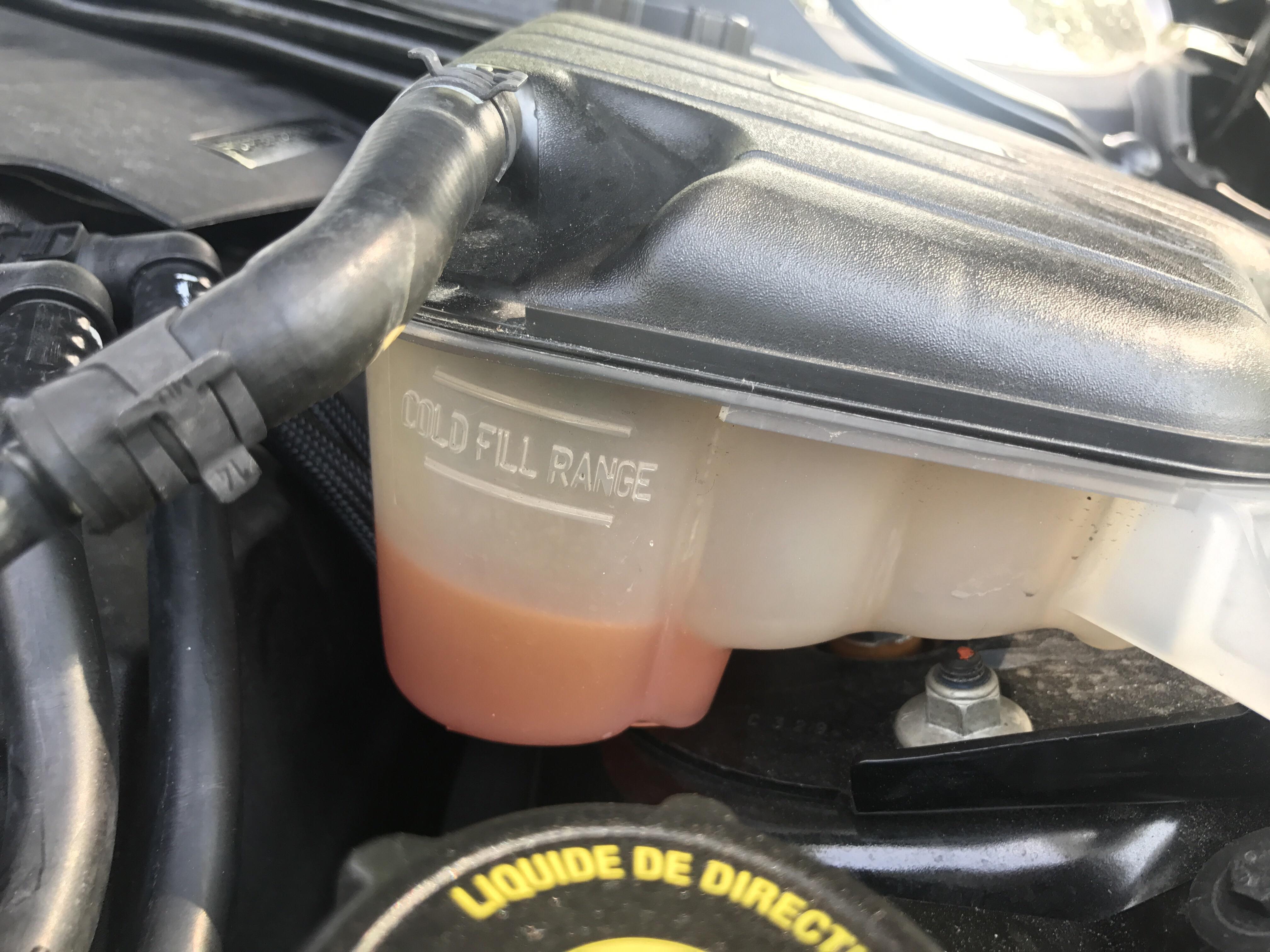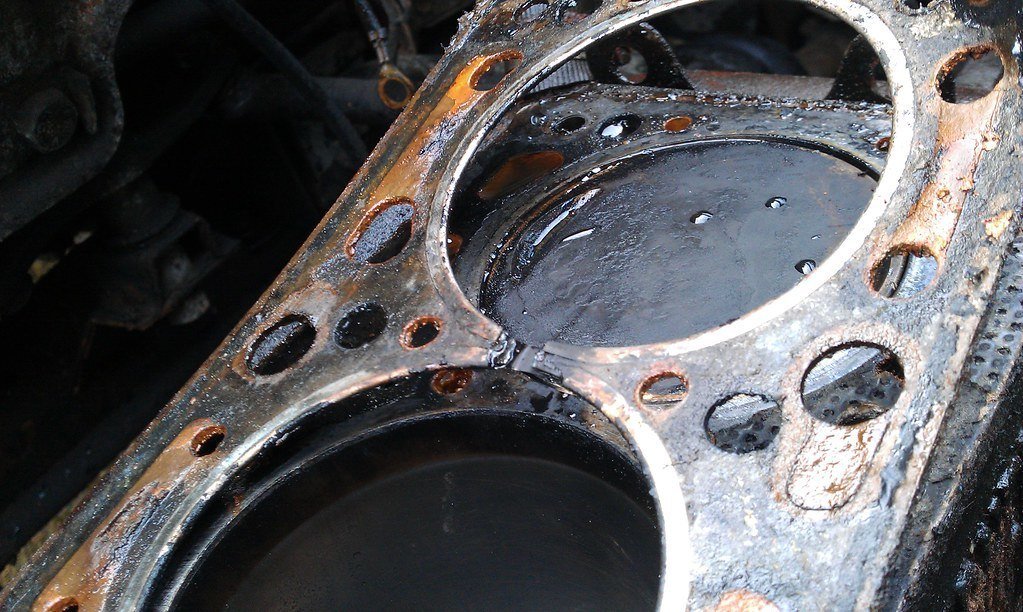Engine Overheating – How to Keep Your Car From Overheating
Running a marathon on a hundred-degree day is nobodies idea of a good time. And yet, you probably ask your car to perform this feat or something like it on a regular basis. But engine overheating is a thing you have to take into consideration.
150 years of development have brought major improvements to the cooling systems in our cars, allowing them to run longer in more extreme settings. But ultimately no car is immune to engine overheating. So here are some suggestions you can use to avoid being stranded by the side of the road when things get too hot.
The best way to keep things cool is to reduce exposure to intense heat. While you may not be able to avoid it when you're on the road, your car appreciates being parked in the shade just as much as you do. Giving it some time to cool down between drives in a shaded spot or cool garage will certainly help. What is helps with is to preserve engine life because ambient temperatures will drop while the car isn't in operation.
If you can't put the car away somewhere cool, there might still be something you can do to keep heat from having such an impact while the car is parked. The use of a sunshade or car cover can limit heat's ability to penetrate into mechanicals. Even applying dark tint to your car's windows will keep the degrees down. So if you've been looking for a practical excuse for that limo tint, here you are! Just don't go getting anything illegal, we don't endorse that.

Park in shade to stay out of the heat

Keep coolant level between min-max
Like we touched on earlier, your car's integrated cooling system is designed to make it operate in warm climates. However, not keeping up with the maintenance required, your car will be more susceptible to overheating.
The major components of your car's cooling system are the electric fan, thermostat, coolant, and radiator. When you take your car in for regular servicing, your mechanic should be checking the conditions of each of these items. They tend to heat up and cool down quite a bit, which can lead to failures. If you've got a rotting radiator hose, for example, you'll want to replace it and ensure that coolant can travel freely between the car's engine block and radiator. If this connection breaks, the car's ability to cool the engine is effectively eliminated.
Check your car's coolant level with every new season, possibly more frequently if you notice the car running hot. Coolant is a special fluid that is able to absorb heat like water but does not freeze in cold temperatures. This is where the name "antifreeze" comes from. Some owners choose to use regular H2O in their cars during summer months since there's no risk of freezing. However, we recommend using coolant at all times in case you forget and the car experiences cold temperatures.
What to pay attention to in order to prevent engine overheating
Checking your coolant level should only be done when the car is parked and has had ample time to cool off. Coolant can, coincidentally, be extremely hot and can burn you. This happens if you attempt to remove your radiator cap when there is still a great deal of heat inside. After allowing the car to cool, you should be able to see that the coolant level in the car is up to the top set of vanes in the radiator. If your coolant is low, it's time to visit the mechanic and look for a leak.
Like your car's oil, coolant can break down over time. While it's much worse to be low on coolant than to use old coolant, the best practice is to flush the system and put new liquid in each time that you service the car. This ensures that the chemical makeup of the coolant is still functional, can dissipate heat and doesn't become acidic and corrosive to your car's internals.
Hopefully, you never have to experience the frustration of being stranded by the side of the road with steam coming from under the hood. It's important to check your car's engine temperature gauge regularly, particularly when it's hot outside so that you'll know if running temperatures are creeping up. As a good rule, the engine temperature gauge (not to be confused with the oil temperature gauge) should never venture into the "red" part of the gauge as engine overheating can produce damage.
A typical internal combustion engine tends to run at around 200 degrees Fahrenheit. When it's hot outside, when you're driving the car aggressively, when something is broken or when a combination of these conditions arises, that temperature can go up. As temperature increases, you can risk having your engine overheating. What exactly does that mean? Big repair bills. You can damage your car's head gasket, cause damage to cylinders and other engine internals.
Contrary to what some people believe, an engine turning higher RPM doesn't necessarily generate more heat. Even though the engine is undergoing more power cycles, a faster turning engine moves more coolant, and on the road higher speeds typically mean better airflow over the engine. So don't lug your car in a high gear, which could produce heat soak. Downshift if you notice things are getting hot. When going uphill, for example, the car should be able to accelerate up the hill at around half throttle. If there's not enough power, you're likely lugging the engine and should shift down.
Last Resort Tips
In a desperate situation, there are some things you can do to bring the temperature back down. Turn off your car's air conditioning and other accessories that put a strain on the engine. It's going to sound awful, but turning on the heat at full blast will help draw hot air out of the engine bay. So you might have to sweat to avoid being stranded on the side of the road. We strongly recommend rolling the windows down for both your sake and the car's.
This simple advice should be enough to keep you from looking like the proverbial cartoon driver with steam billowing out of their radiator. Have you got an overheating story you'd like to share or advice for our readers about how to deal with a hot running car? Write to us about it in the comments section below!

Head gasket failing after engine overheating. Causing loss of coolant with no visible leaks and poor running engine
Scott Huntington is an automotive blogger who covers everything from the Model T to the Model 3. Find his work on Off The Throttle or check him out on Twitter, @SMHuntington
About the Author
Tech Guy
Automotive enthusiast, passionate about Jeeps, hot-rods, turbos, performance, efficiency, diesels, fuels, high performance oils, additives and anything with an engine.

